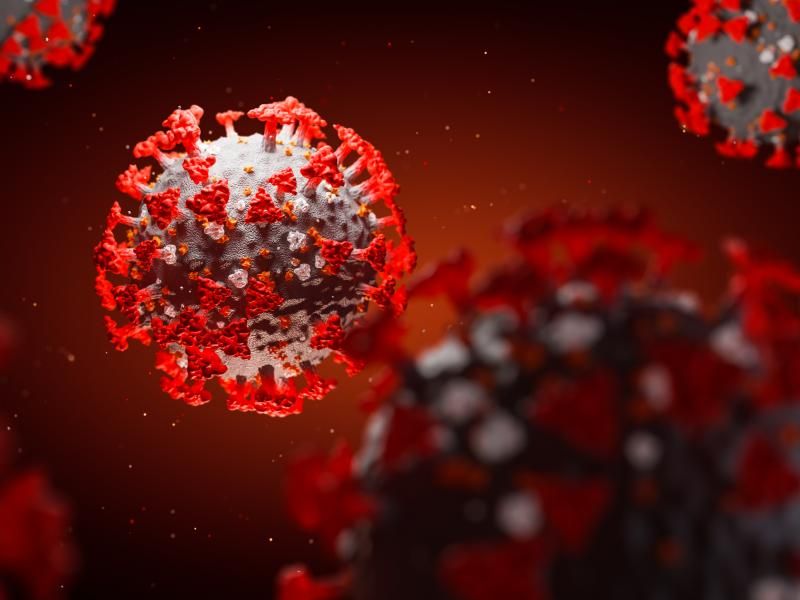
Researchers at Rensselaer Polytechnic Institute in the US have said that the commonly available, US Food and Drug Administration (FDA)-approved drug heparin could effectively neutralise SARS-CoV-2, the virus that causes Covid-19.
Based on research findings published in Antiviral Research, the drug may act as a decoy to prevent the virus from infecting human cells.

Discover B2B Marketing That Performs
Combine business intelligence and editorial excellence to reach engaged professionals across 36 leading media platforms.
SARS-CoV-2 works by using a surface spike protein to attach to human cells and begin infection. However, heparin can bind with the surface spike protein to potentially block the infection.
This mechanism could enable the drug to act as a decoy, which may be delivered into the body via a nasal spray or nebulizer to interfere and lower the infection risk.
According to the researchers, similar decoy strategies were observed to be beneficial in fighting other viruses such as influenza A, Zika and dengue.
Rensselaer Polytechnic Institute chemistry and chemical biology professor Robert Linhardt said: “This approach could be used as an early intervention to reduce the infection among people who have tested positive but aren’t yet suffering symptoms. But we also see this as part of a larger antiviral strategy.

US Tariffs are shifting - will you react or anticipate?
Don’t let policy changes catch you off guard. Stay proactive with real-time data and expert analysis.
By GlobalData“Ultimately, we want a vaccine, but there are many ways to combat a virus, and as we’ve seen with HIV, with the right combination of therapies, we can control the disease until a vaccine is found.”
In humans, the Covid-19 virus attaches to an ACE2 receptor and the researchers theorised that heparin would provide an equal target. A binding assay showed that the drug attached to the trimeric SARS-CoV-2 spike protein at 73 picomoles, a measure of the interaction between the two molecules.
Commenting on the binding, Rensselaer Polytechnic Institute chemical and biological engineering professor Jonathan Dordick said: “That’s exceptional, extremely tight binding. It’s hundreds of thousands of times tighter than a typical antibody-antigen. Once it binds, it’s not going to come off.”
The researchers have also started testing the drug’s antiviral activity and cytotoxicity in mammalian cells.




